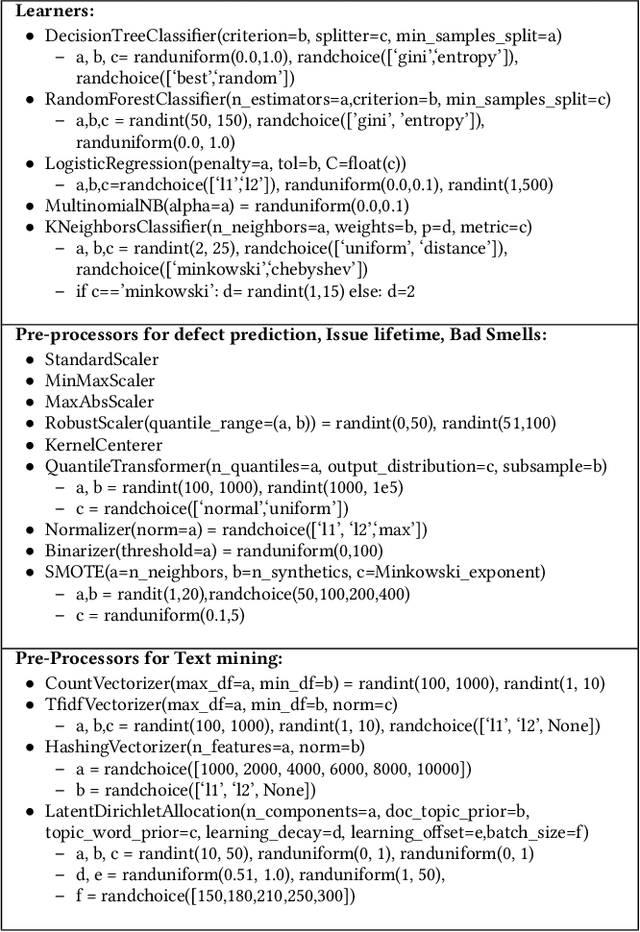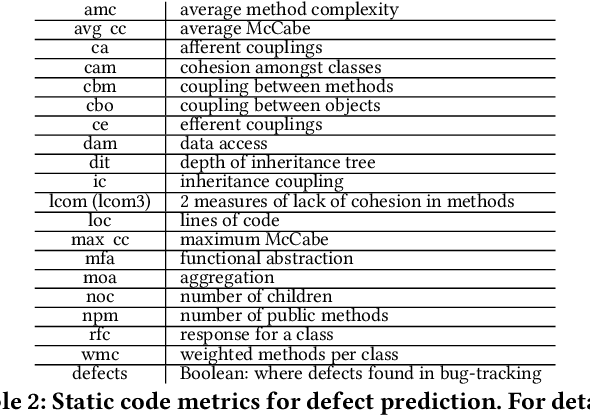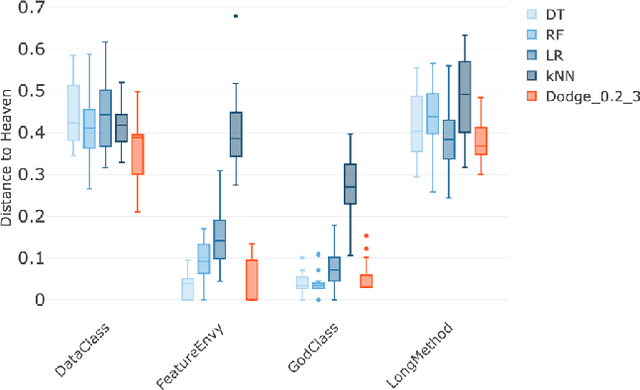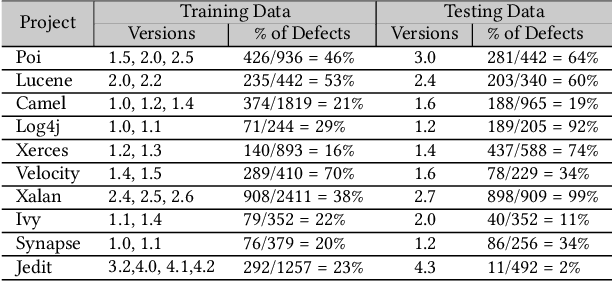Is AI different for SE?
Paper and Code
Dec 09, 2019



What AI tools are needed for SE? Ideally, we should have simple rules that peek at data, then say "use this tool" or "use that tool". To find such a rule, we explored 120 different data sets addressing numerous problems, including bad smell detection, predicting Github issue close time, bug report analysis, defect prediction and dozens of other non-SE problems. To this data, we apply a SE-based tool that (a)~out-performs the state-of-the-art for these SE problems yet (b)~fails very badly on standard AI problems. In those results, we can find a simple rule for when to use/avoid the SE-based tool. SE data is often about infrequent issues, like the occasional defect, or the rarely exploited security violation, or the requirement that holds for one special case. But as we show, standard AI tools work best when the target is relatively more frequent. Also, we can exploit these special properties of SE, to great effect (to rapidly find better optimizations for SE tasks via a tactic called "dodging", explained in this paper). More generally, this result says we need a new kind of SE research for developing new AI tools that are more suited to SE problems.
 Add to Chrome
Add to Chrome Add to Firefox
Add to Firefox Add to Edge
Add to Edge